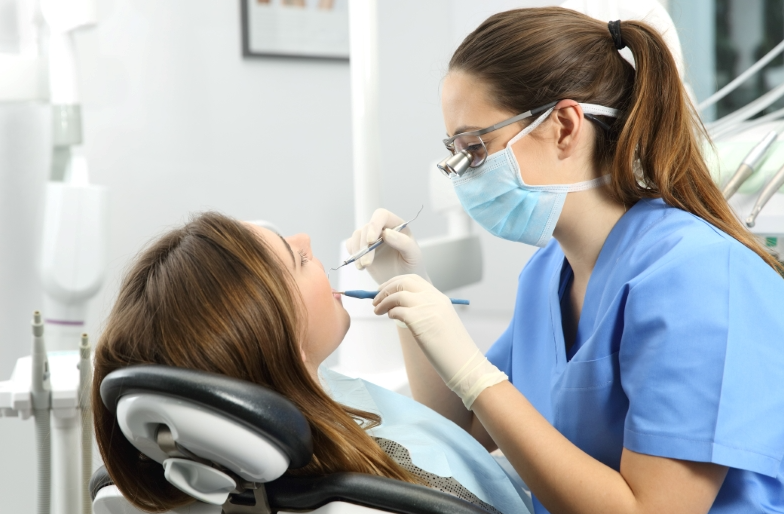Maintaining a healthy smile and general well-being requires good dental hygiene. Neglecting oral hygiene can result in a number of dental problems that not only damage our teeth and gums but also our general health. The importance of dental hygiene procedures is discussed in this article, along with key advice for maintaining excellent oral health.
Dental hygiene and general health are Linked
Dental health and general health are closely related, according to research. Gum disease, tooth decay, and even systemic illnesses like diabetes and cardiovascular disease can all be attributed to poor dental hygiene. Such difficulties can be avoided by regularly brushing, flossing, and visiting the dentist, which lowers the likelihood of infection and inflammation in the body.
The Value of Good Dental Hygiene
The prevention of oral health problems begins with good dental care. The keys to keeping a healthy mouth include consistent brushing, flossing, and dental checkups. Plaque is a sticky film of bacteria that accumulates on teeth and, if not removed, can cause gum disease and tooth decay. Good dental hygiene helps to remove this film.
The advantages of maintaining good oral health go far beyond avoiding dental issues.
A cheerful, self-assured smile raises self-esteem and increases general confidence. Furthermore, a number of systemic illnesses, including lung infections, diabetes, and cardiovascular disease, have been connected to poor oral hygiene. This demonstrates how crucial oral care is to encouraging general wellbeing.
Essential Habits for Good Dental Hygiene
A few straightforward yet useful behaviours must be adopted in order to maintain good oral hygiene. The most important thing is to brush frequently. Dentists advise using fluoride toothpaste and brushing for two minutes at least twice daily. Plaque is removed, tooth decay is avoided, and breath is freshened. Additionally, flossing every day lowers the risk of gum disease by removing food particles and plaque from difficult-to-reach spaces between the teeth.
By eradicating bacteria and promoting breath freshness, using mouthwash as part of your routine can add an added layer of security. Additionally, fluoride-containing mouthwashes can help to improve tooth enamel. Additionally, it’s important to change your toothbrush every three to four months, or sooner if the bristles start to tear.
The Function of Dental Professionalism
frequent dental checkups should be scheduled in addition to frequent at-home treatment, which is crucial. Dentists are able to identify early indications of oral issues like cavities or gum disease and offer the proper care. In order to remove tartar buildup, which cannot be removed by brushing alone, they also undertake professional cleanings.
Additionally, dentists can provide helpful advice on oral hygiene procedures, suggest appropriate oral care products, and offer tailored guidance based on each person’s particular dental needs. Using expert dental care guarantees that any dental problems are found and treated right away, preventing them from getting worse over time.
In addition to being essential for a healthy smile, maintaining proper dental hygiene practises is also important for general wellbeing. People can reduce their chance of developing dental difficulties and associated systemic health problems by practising regular brushing, flossing, and dental checkups. Setting oral hygiene as a top priority paves the way for better health and a lifetime of beautiful smiles.

